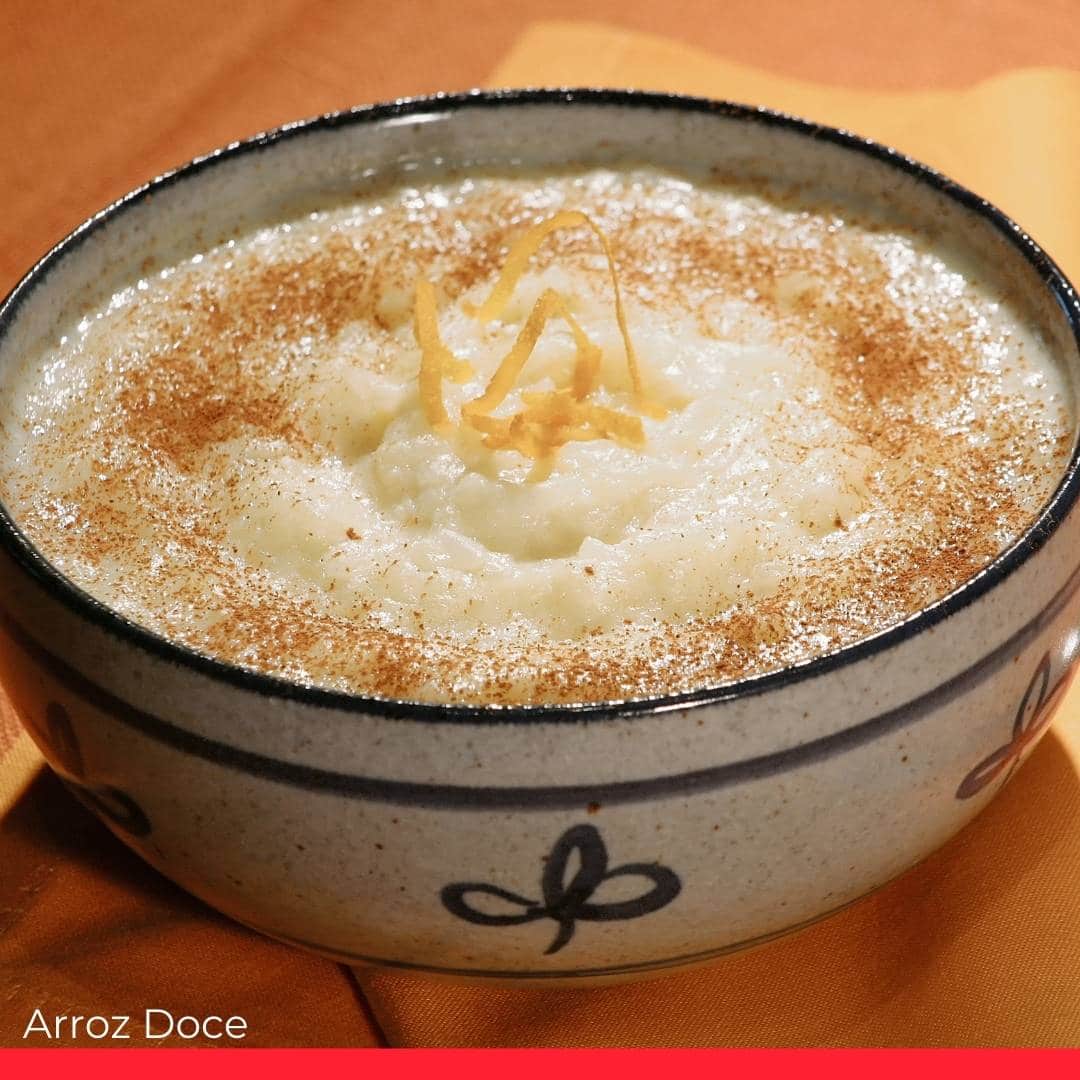
20 Popular Portuguese Christmas Foods
6. Polvo Assado com Batatas Assadas

Roasted octopus with roasted potatoes is another winner. It takes a little work, but it is absolutely delicious. In the past, octopus was unaffordable for many, thus was only consumed during this incredibly special holiday. These days, however, it is something everyone can enjoy.
Found all over Northern Portugal, octopus is one of the most popular foods during the Christmas season.
7. Roupa Velha

A typical Christmas recipe, made with leftover codfish from Christmas Eve, it is traditional to eat roupa velha (which literally means “old clothes”) before serving the main dish – roast turkey or lamb.
The name comes from the distinctive appearance, in which the ingredients are cut into pieces and jumbled up in a mixture of colors and flavors, like… old clothes! If the appearance is distinctive, the flavor is unmistakable flavor in this simple and practical codfish recipe, deliciously drizzled with olive oil.
8. Rabanadas Natalícias

Rabanadas Natalícias, also called golden slices, are a typical Christmas Eve sweet in several countries, Portugal included. It dates back to the 15th century, the recipe passed down from generation to generation, with few alterations along the way.
The recipe usually includes milk, a stick of stale bread, milk, egg, sugar, lemon, and cinnamon. They are always present at a Christmas table, reminding us of our childhood and traditional holiday dinners.
9. Arroz Doce de Natal

Arroz doce de Natal is the Portuguese version of rice pudding, made with whole milk, sugar, citrus zest or vanilla and cinnamon. Some variations include almond milk, occasionally thickened with starch from rice. In the north of Portugal, rice pudding uses egg yolk, lending it a creamy texture.
Another way to make a creamier rice pudding, is to use risotto rice, which has a greater amount of starch.
A popular delicacy around the world, the Portuguese enjoy rice pudding at weddings, birthday parties, and at Christmas. It is also a popular Easter dish in Portugal.
